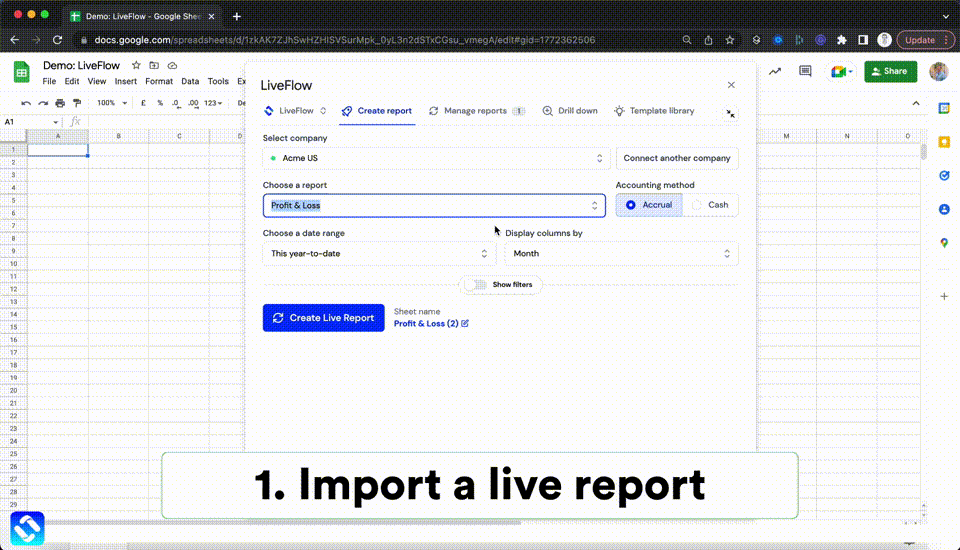Deferred expense is a tax deduction that allows you to reduce your taxable income by deferring the cost of a capital expense until another tax year. It is a useful tool for buying equipment, vehicles, and other assets, especially assets that are subject to depreciation.
This article will explain everything you need to know about deferred expenses, including what they are, how they work on a balance sheet, the difference between deferred and accrued expenses, and much more.
What are deferred expenses?
A deferred expense is a cost that is deducted from your taxable income in a future tax year. Since the deduction is being made in a year other than the year in which the expense occurred, the expense is “deferred” until the later year.
For example, if you purchase a piece of equipment for $100,000 and plan to depreciate it over five years, you can claim the full amount as a deduction. This significantly reduces your taxable income for the present year, making it a very beneficial tax deduction.
What is a deferred expense on a balance sheet?
Each company has its own way of reporting its financial position on its balance sheet. Some companies report current assets versus noncurrent assets. Deferred expenses are listed as non-current assets because the deduction is taken in a future period.
If you have a business that is not yet profitable, you may want to consider deferring some of your expenses until it becomes profitable. This will allow you to take advantage of the tax deduction for those expenses, which can make all the difference for businesses that are just starting out.
What is an example of a deferred expense?
One deferred expense example would be a contractor who buys a new pickup truck to use for their business. The contractor estimates the truck will have a 10-year life and make $4,000 a month in income. The contractor then decides to claim the depreciation over the ten years. The contractor will then be able to deduct the amount as a deferred expense.
Alternatively, the contractor could choose to capitalize the expense of the truck and add it to the basis of the asset. This is often done with major purchases such as vehicles, buildings, or heavy machinery. Capitalizing the truck means that the contractor will have to add the full amount of the truck as an asset to their balance sheet. The contractor will then depreciate the truck over the next ten years, much like they would with a deferred expense.
The difference between accrued and deferred expenses
Accrued expense is an expense that has been incurred but not paid. These are expenses that should be included on your balance sheet. For example, if you hire a new employee, you will have to pay for their benefits, payroll taxes, and any other expenses related to the employee.
A deferred expense is an amount that has been included in your financial statements but not included on your tax return. It is a cost that is deducted from your taxable income in a future tax year or over the course of several tax years, as is often the case when claiming depreciation or capitalizing large expenses.
Summary
Deferred expenses are costs that are deducted from your taxable income in a future period to reduce your overall tax liability. They are similar to accrued expenses, which are costs that have been incurred but not paid.
Accrued expenses are reported on your balance sheet. Deferred expenses are not included on your balance sheet because they are deducted from your taxable income in a future period.
Deferred expenses are usually associated with long-term capital purchases that depreciate, such as vehicles or equipment. The amount of the deduction varies based on the timing of the purchase and the type of asset.
Recommendation
One of the best financial platforms on the market in 2022, LiveFlow offers helpful templates and features that automate many of the most complicated business accounting processes.
Best of all, you can try it out risk-free by booking a free 30-minute demo, so if you are ready to simplify your financial accounting, then be sure to check out LiveFlow today.

.png)

.png)
.png)
.png)








